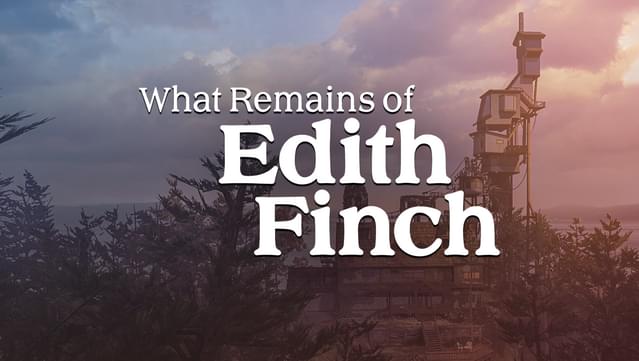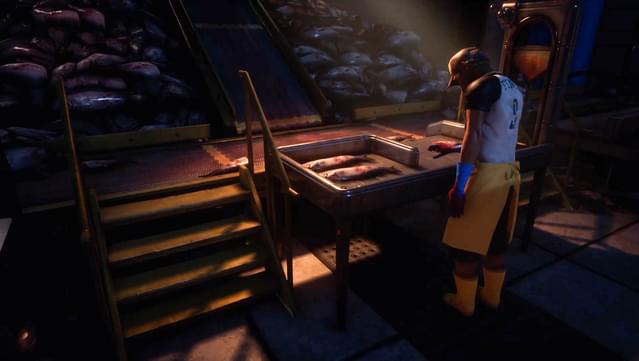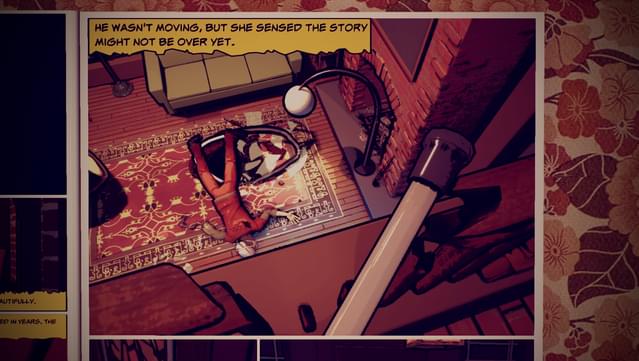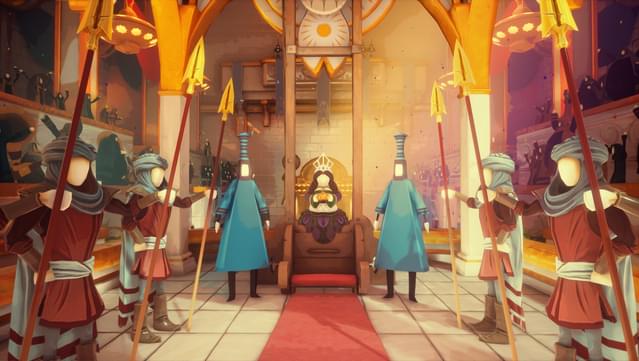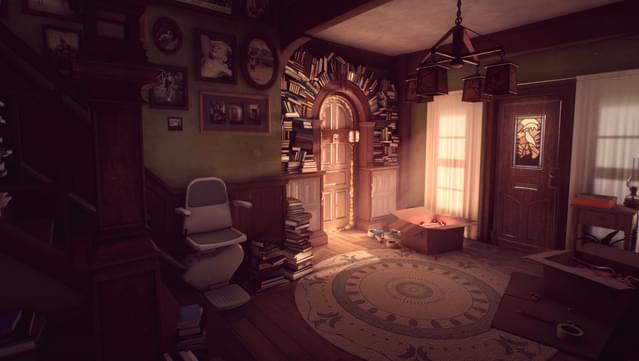A young woman returns to an abandoned house trying to discover what happened to her family. Sound familiar? Finch sticks close to the genre convention of exploring a mostly linear environment and finding documents and objects to piece together a story. However, with the fate of each family member presented as a separate mostly interactive experience, the abandoned house, in itself a cool and quirky place rich with environmental narration, soon becomes a sort of overworld to a dozen highly varied minigames that take this above and beyond your typical walking sim.
Of course, the magical realism of its narrative, with an ancient family curse and all, allows for flights of fancy, as well as shortcuts and omissions, that wouldn't be acceptable in more down-to-earth games like Gone Home (2013) or Firewatch (2017), so any direct comparison could hardly be fair. In a 2017 Gamespot interview, creative director Ian Dallas explained that they basically cobbled together prototypes that they felt captured the sublime beauty and intense emotion of characters facing their deaths (somewhat twisting his words here), so don't expect super nuanced characterisations or perfect verisimilitude.
Still, while I did cry my eyes out first playing this in 2018, Finch neither wants nor needs your empathy. It's not about people per se, it's about the unique shiver you get from things coming to a close, the one thing that never fails to affirm the continuity of life going on. Each individual death in this game is a terrible tragedy, but seen through the medium of the story, there is a tragicomic gentleness to all this history. Story is what remains. "And Noah was five hundred years old: and Noah begat Shem, Ham, and Japheth..." "And when you look at that house, at that history of imagination and stubbornness and madness, any of it seems possible."
I know of no other game quite like this. If you enjoy narrative games at all, these are four hours you don't want to miss.


